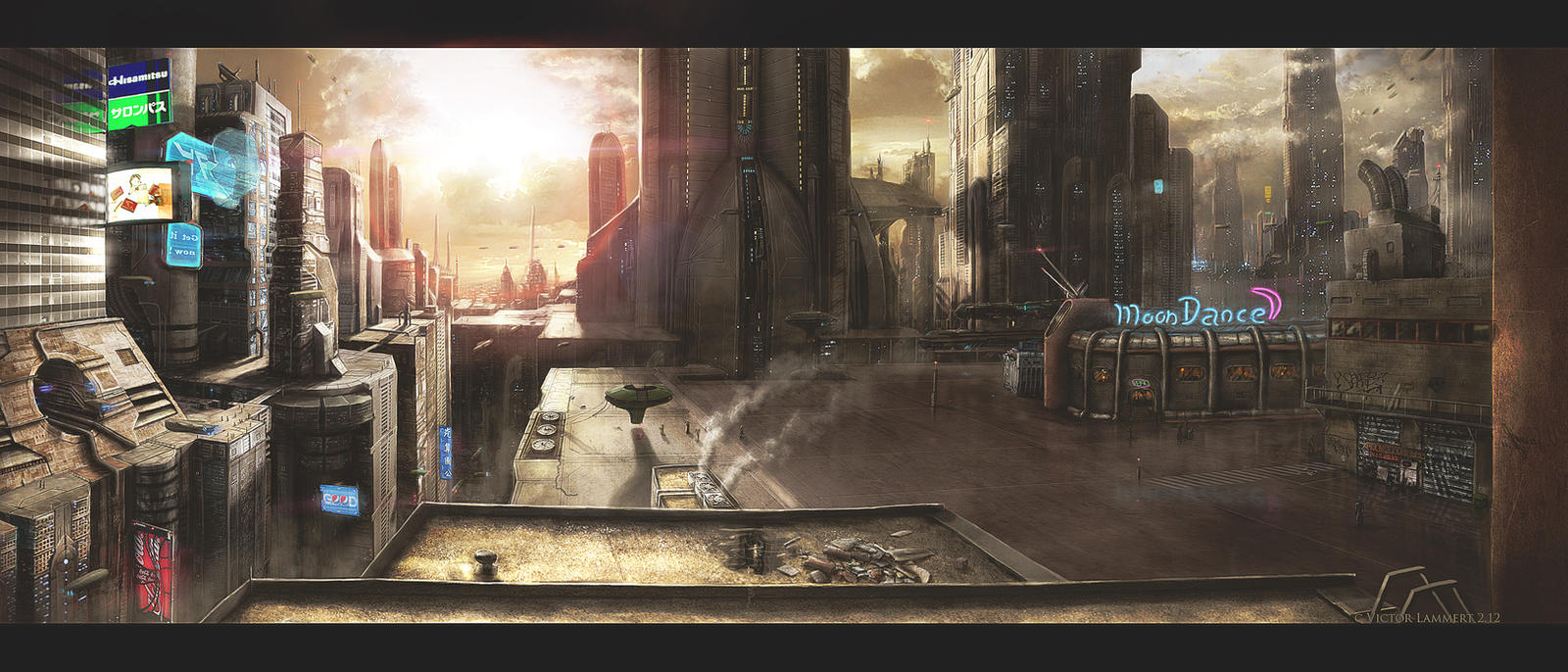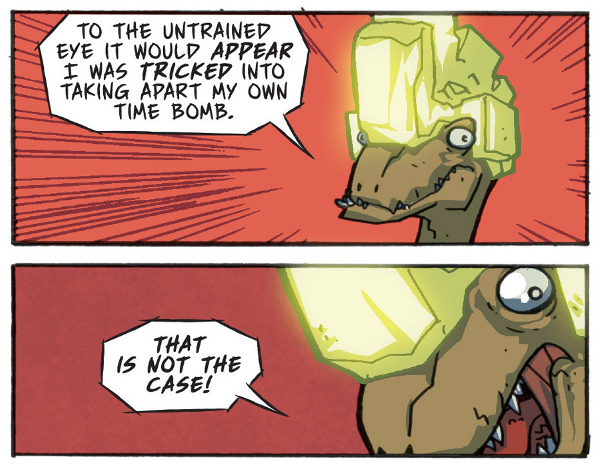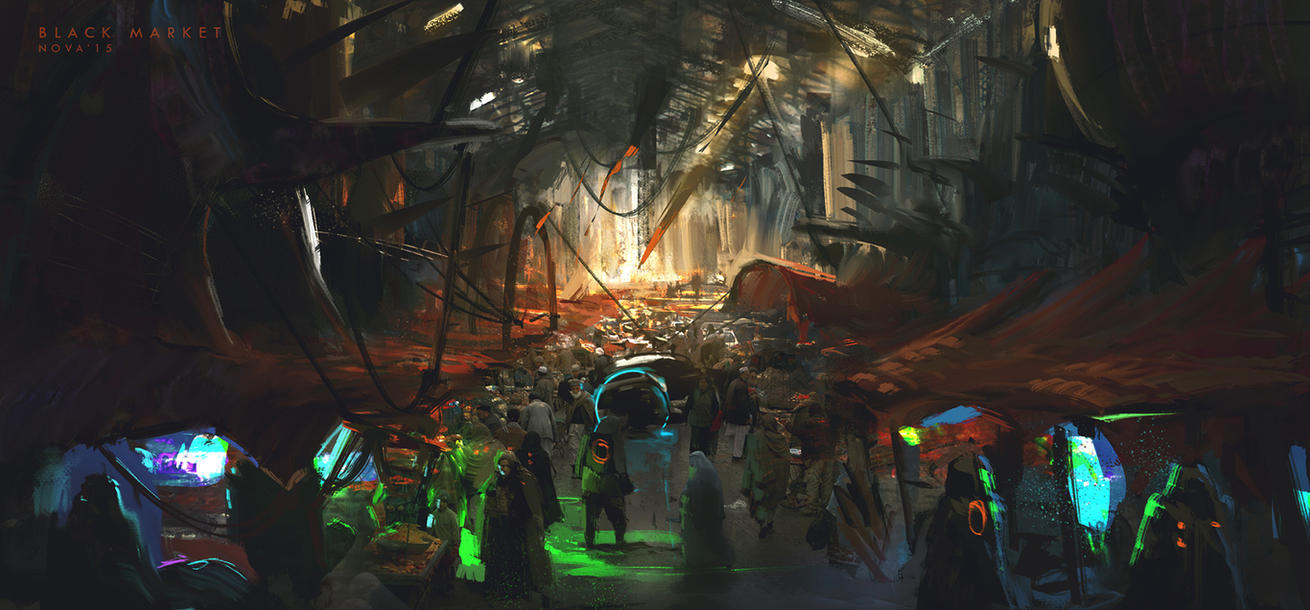 |
| Image Source: http://victor-lam-art.deviantart.com/art/The-Moondance-cafe-286698945 |
I haven't been back in nearly twenty years. I'd been lucky; I'd made a score, a big score, and had enough credits to buy my way off world. I left Earth behind and didn't look back. I spent four years using an atom beam to dissect rocks the size of houses in the belt.
From there I'd move on to Europa. The domed city of Tyre was my home for eight years. The best years of my life. I'd gotten into the Syndicate there. I spent plenty of time off world, running synthetics through black routes to the blet miners and the even as far as Mars. Always back to those deep blue domes though. I'd like to think I stayed because some deep part of my being, something in my genes, knew that the sky above was supposed to be blue like the Earth of old. Not now though, not since before I was born.
Eventually the Syndicate had spun me in-system to the flying cities of Venus. Hades was, pun very much intended, hell. Nobody should ever have to spend time on Venus. I suppose if I were a law abiding citizen I might understand the thematic value of putting penal colonies on the least hospitable solid body in the system. As somebody gainfully employed in the trade and sale of illicit goods I shuddered to think I could end up here someday. To put it bluntly my year on Venus made me the most careful and cautious criminal I could be.
It also made me very successful and obnoxiously wealthy. Of course my ill-gotten gains were the filthiest kind of credits and so I needed to cycle them through the Syndicate's currency specialists. I could have paid less elsewhere, but it seemed unwise to do this outside of my family, and the Syndicate's men were the safest cleaners you could find; like I said I was careful and cautious.
By the time I bought my way up another rung of the organization I also had a ship of my own and a desire to see the system for a while. I became a specialist. I could come and go to the small colonies with ease, the ship and all my edocs were clean as bleached porcelain. I could move freely where even the corps weren't trusted. Jovia, the Cronan moons, even the deep colonies out in the Oort. I even made a trip to Inferno, but after melting half my hull plating off I vowed not to do that again.
Never Earth though.
It wasn't a conscious choice. The Syndicate never asked and I never thought of it. Not for nineteen years. Yet, like that old spacers saying, "All nav routes lead to Terra." It couldn't be helped. I know that to be fact because once I saw that a bad deal and an out of date transfer edoc were pointing me toward that brown and gunmetal ball of human filth I did everything I could to avoid it.
And so here I am. The old neighborhood looks so different. Buildings had been razed and replaced, streets and air-lanes were moved, and the people living in what had been the scummiest slum I could imagine were now rather more gentry than I had expected. So much change over those long years.
And yet the old Moon Dance was still there. Like some kind of immovable object, no force, not even an unstoppable one, could touch her. It made me smile a bit. Only a bit though, because the Moon Dance was where that score from so long ago had come from. It was the place where my old family had been stripped from me in a rain of lead and photons. I could still hear the wet sounds of flesh being perforated and bone breaking, and I remembered the cooking smell of laser burnt hair and skin. The Moon Dance squated on weathered permacrete and glowered at me like some malevolent memory. It accused me, and I blamed it.
Welcome home, when can I leave?





